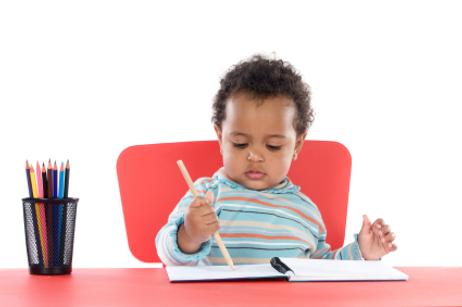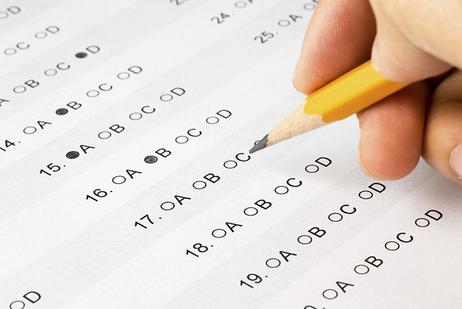As parents, we play a crucial role in our children's educational journey, especially during their middle and high school years. To support their academic success, we must understand the tools educators use to assess and guide their students' progress. This article delves into the world of rubrics and how they can empower parents in grades 7-12 to be active partners in their children's education.
The Importance of Rubrics in Grades 7-12
Rubrics are not just grading tools but windows into your child's learning experience. We'll explore why rubrics are essential for assessing academic and soft skills development, helping you gain insights into your child's progress in various subjects.
What is a rubric?
A rubric is a structured scoring guide or set of criteria used to evaluate or assess performance, work, or a particular task. It provides a clear and systematic way to measure the quality or level of achievement in a given context, such as in education, grading assignments projects, or assessing various skills.
The use of rubrics dates back to ancient times, with the term "rubric" originating from the Latin word "ruber," which means red. In ancient Rome and medieval Europe, teachers and religious leaders often used red ink or red lines to highlight important text or instructions within documents or manuscripts. Over time, this practice evolved into using red ink or markings to indicate specific grading criteria and guidelines for assessments.
However, as we understand them today, the modern concept of rubrics developed more significantly in



























